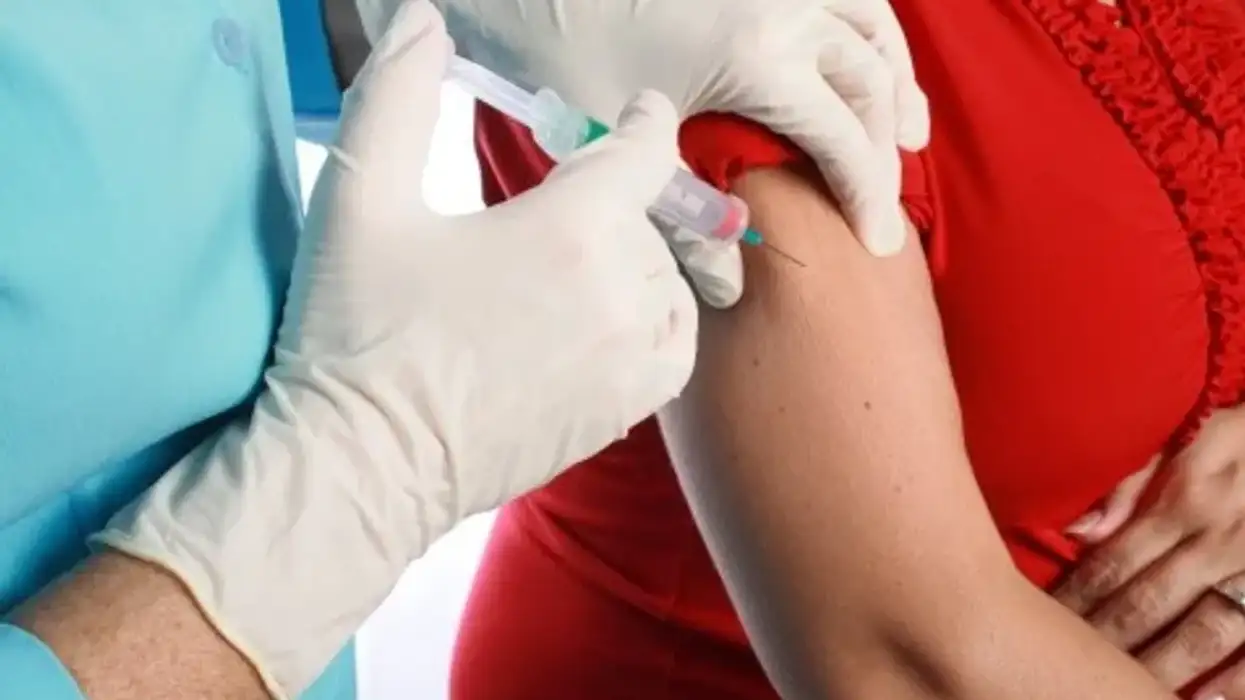Antibiotics, hormone replacement therapy drugs, anti-depressants, and ADHD drugs are in short supply this winter
A report released by the Independent Commission has blamed Brexit supply issues for medicine shortages.
NHS is forced to pay extortionate prices to fulfil the demand for vital antibiotics, anti-depressants, Attention Deficit Hyperactivity Disorder (ADHD), and Hormone Replacement Therapy (HRT) drugs.
The report highlights the impact of affected medicine supply issues on community pharmacies and patients.
Janet Morrison, the chief executive of Community Pharmacy England, backed the report and said that the “medicine shortages and market instability appear to be as bad as they have ever been”.
She also explained how the Ukraine conflict, the COVID-19 pandemic, and broader economic instability also play a major factor in the situation.
“All of these have put extra stress on the medicines supply chain, stretching community pharmacies financially and often causing unavoidable delays in patient care,” she said.
Morrison then advised: “The Government and NHS must step in and do more to help protect community pharmacies and their patients from these ongoing supply chain shocks and issues.
“We would like to see them strategically reviewing medicines supply and giving more powers to pharmacists to help them to better manage their patients’ medicines when shortages do occur.”
Moreover, as per the British Generic Manufacturers Association (BGMA) data, a total of 111 products are currently experiencing supply challenges.
The supply chain has reached a record "high" for the first time in two years, with September registering a total of 102 figures – twice the previous peak in 2022.
Mark Samuels, Chief Executive of the BGMA, commented: “Supply issues for generic medicines are on the rise, and patients are sadly being impacted as they represent four out of five NHS prescriptions.”
The Nuffield Trust has found four reasons for the Brexit-related pressure on UK medicine - regulatory alignment and processes, a fall in the value of the pound, new requirements and paperwork at the GB-EU border, and heavy-goods vehicle shortages.
Mark Dayan, Brexit programme lead at the Nuffield Institute told The Independent: “The UK is not in the [medicine] supply chain quite like it used to be. Some firms that might have had distribution hubs in the UK now have them in EU countries, like the [Netherlands and Belgium] or Germany.”
Professor Martin McKee, of the London School of Hygiene and Tropical Medicine, further commented on how Brexit is making the issue “worse” for the NHS.
He told The Independent: “The fact that there are extra problems managing medicines is very far from ideal. Medicines go out of date – so it’s not possible to stockpile everything, and it’s very difficult to match supply with demand when you have these problems in supply chains and non-tariff barriers because of Brexit.
He added: “These shortages will cause anxiety. It’s having an impact on patients that is very worrying.”











